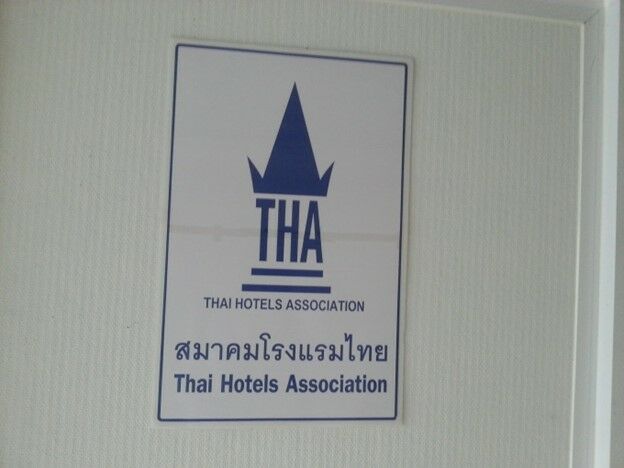Hotel Act concerns addressed by Thai Hotels Association due to government’s registration rules

The Thai Hotels Association (THA) has taken a positive step by welcoming the Ministry of Interior’s new regulations. These rules will now classify smaller accommodations that were operating before 2016 as hotels. This decision is expected to result in increased tax collection, providing additional income for the government.
However, the proposal to exempt larger accommodation facilities from registration under the Hotel Act has met with resistance from the association. Expressing the association’s stand, Udom Srimahachota, the vice president of THA’s western chapter, claimed that registration of new hotels would enhance competitiveness, particularly in tax matters, among two and three-star hotels and smaller accommodation units.
The shift came about on June 20 when the Interior Ministry announced that other kinds of establishments, not adhering to the “hotel” definition as per the Hotel Act but functional before 19th August 2016, could now apply for hotel licenses. Under this arrangement, these establishments are not compelled to alter structural attributes such as compulsory vacant spaces, corridor sizes and staircases. However, they must demonstrate robust building foundations and fire safety conventions.
Additional prerequisites include evidence of property tax payments and land and web-based advertisements to assure that their operations have been ongoing since before August 19, 2016.
Under the previous regulations, smaller operations struggled to register as hotels, due to the structural limitations of existing buildings. Now with the less stringent laws enacted by the Interior Ministry, the path to registration under the Hotel Act has been facilitated, making it a fair ground for all.
Yet Udom highlighted potential issues of the unfair treatment of those who invested in property adjustments, such as room reduction for additional space, fitting the prior regulations. In such situations, the government should consider financial easement, perhaps in the form of tax reductions or alternative forms of subsidy, Udom argued.
However, he contested the government’s plan to exempt establishments with less than eight rooms and accommodating fewer than 30 guests from the Hotel Act. If extended, Udom warned, the existing threshold could not only lead to increased unfair competition in the industry but also pose safety hazards for guests opting for such properties, reported Bangkok Post.
Focussing on industry malpractices, he added that many pool villas in the Cha-am and Hua Hin regions exploit legal loopholes to achieve exemption from the Hotel Act. Some reports suggest these properties have not only disrupted nearby residents but have also been used for illegal gatherings because they escape the mandatory requirement of submitting details of guests, a requirement for registered hotels.
Udom deemed the latest easing of restrictions, announced last week, as a sufficient development within the legal landscape of the hospitality industry.
Latest Thailand News
Follow The Thaiger on Google News:


























